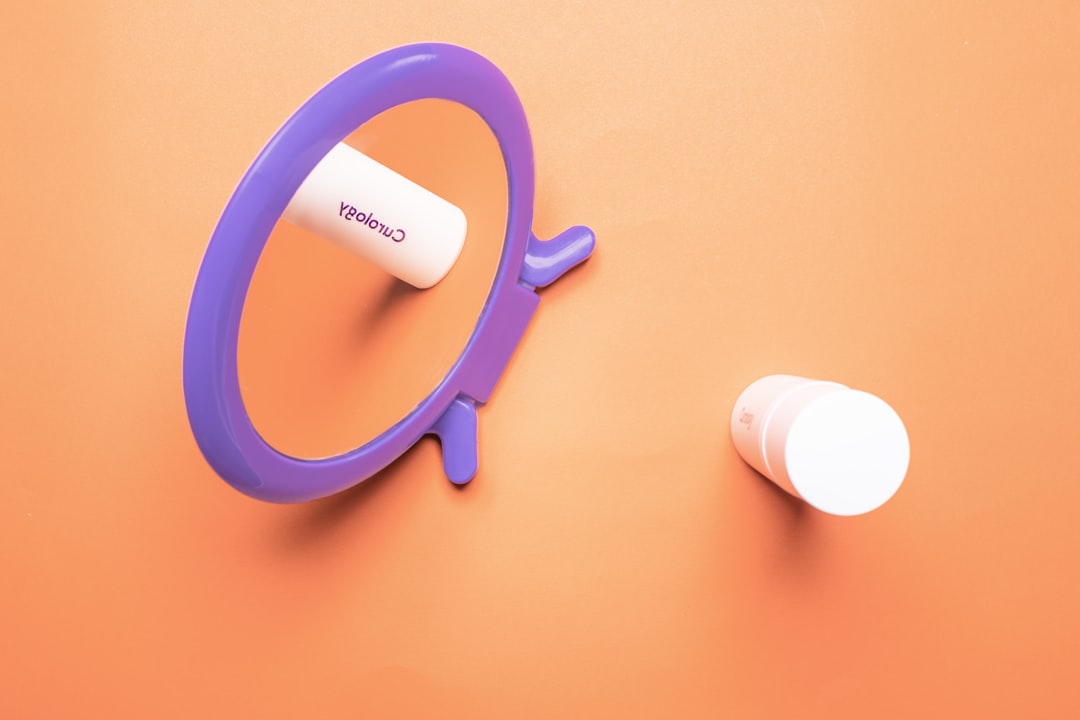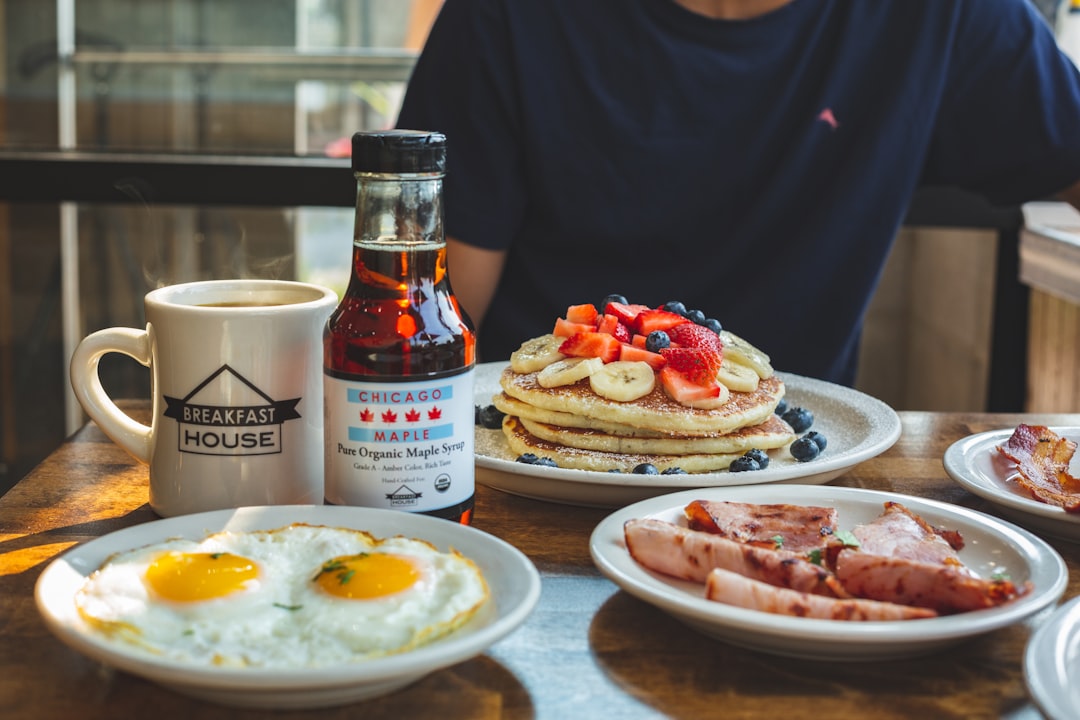
Top Moisturizing Creams for Soft, Hydrated Skin
Moisturizing creams are an essential part of any skincare routine, as they play a crucial role in keeping the skin hydrated and healthy. Our skin is constantly exposed to environmental factors such as harsh weather conditions, pollution, and UV radiation, which can strip away its natural moisture and leave it dry and dull. This is where moisturizing creams come in, as they help to replenish and lock in moisture, keeping the skin soft, supple, and hydrated.
Regular use of moisturizing creams has numerous benefits for the skin. Firstly, they help to prevent dryness and flakiness, which can lead to irritation and discomfort. Dry skin is more prone to developing fine lines and wrinkles, so using a moisturizing cream can also help to reduce the signs of aging. Additionally, moisturizing creams create a protective barrier on the skin’s surface, shielding it from external aggressors and preventing moisture loss. This can improve the overall health and appearance of the skin, leaving it looking radiant and youthful.
Key Takeaways
- Moisturizing creams are important for skin hydration and should be a part of everyone’s skincare routine.
- Effective moisturizing creams contain ingredients like hyaluronic acid, glycerin, and ceramides.
- Look for moisturizing creams that are specifically formulated for your skin type, whether it’s dry, oily, sensitive, or acne-prone.
- Natural moisturizing creams can be a safer alternative for those with sensitive skin.
- Anti-aging moisturizing creams can help keep skin soft and supple, while also reducing the appearance of fine lines and wrinkles.
What Makes a Moisturizing Cream Effective for Soft and Hydrated Skin?
The effectiveness of a moisturizing cream lies in its formulation and the key ingredients it contains. There are three main types of ingredients that make a moisturizing cream effective: humectants, emollients, and occlusives.
Humectants are ingredients that attract water from the environment or deeper layers of the skin and bind it to the outermost layer, known as the stratum corneum. Common humectants found in moisturizing creams include hyaluronic acid, glycerin, and urea. These ingredients help to increase the water content of the skin, keeping it hydrated and plump.
Emollients are ingredients that smooth and soften the skin by filling in gaps between skin cells. They create a protective barrier on the skin’s surface, preventing moisture loss and improving the skin’s texture. Examples of emollients commonly found in moisturizing creams are shea butter, cocoa butter, and plant oils such as jojoba oil and argan oil.
Occlusives are ingredients that form a physical barrier on the skin’s surface, sealing in moisture and preventing water loss. They are typically thicker and more greasy in texture compared to humectants and emollients. Common occlusives found in moisturizing creams include petrolatum, lanolin, and beeswax.
Top Ingredients to Look for in Moisturizing Creams for Optimal Skin Hydration
When choosing a moisturizing cream, it is important to look for specific ingredients that have been proven to be effective in hydrating the skin. Here is a detailed list of the top ingredients to look for:
1. Hyaluronic Acid: This is a powerful humectant that can hold up to 1000 times its weight in water. It helps to attract and retain moisture in the skin, keeping it hydrated and plump.
2. Ceramides: These are naturally occurring lipids that help to strengthen the skin’s barrier function and prevent moisture loss. They are especially beneficial for dry and sensitive skin.
3. Niacinamide: Also known as vitamin B3, niacinamide helps to improve the skin’s moisture barrier, reduce water loss, and increase hydration levels. It also has anti-inflammatory properties that can soothe irritated skin.
4. Aloe Vera: This natural ingredient has hydrating and soothing properties, making it ideal for dry and sensitive skin. It also contains antioxidants that can help protect the skin from damage caused by free radicals.
5. Shea Butter: Derived from the nuts of the shea tree, shea butter is a rich emollient that helps to moisturize and nourish the skin. It is especially beneficial for dry and mature skin.
6. Jojoba Oil: This lightweight oil closely resembles the skin’s natural sebum, making it easily absorbed and non-greasy. It helps to moisturize and balance the skin, making it suitable for all skin types.
7. Glycerin: A common humectant found in moisturizing creams, glycerin attracts water to the skin and helps to keep it hydrated. It also has a soothing effect on the skin.
8. Vitamin E: This antioxidant vitamin helps to protect the skin from damage caused by free radicals and environmental stressors. It also has moisturizing properties that can improve the skin’s texture and tone.
9. Squalane: Derived from olives or sugarcane, squalane is a lightweight emollient that helps to moisturize and soften the skin. It is easily absorbed and non-comedogenic, making it suitable for all skin types.
10. Green Tea Extract: This natural ingredient is rich in antioxidants that help to protect the skin from damage caused by free radicals. It also has anti-inflammatory properties that can soothe irritated skin.
Best Moisturizing Creams for Dry Skin: Our Top Picks
| Brand | Product Name | Price | Size | Key Ingredients | Rating |
|---|---|---|---|---|---|
| CeraVe | Moisturizing Cream | 18.99 | 16 oz | Ceramides, Hyaluronic Acid | 4.5/5 |
| La Roche-Posay | Toleriane Double Repair Face Moisturizer | 19.99 | 2.5 oz | Ceramides, Niacinamide, Glycerin | 4.5/5 |
| Neutrogena | Hydro Boost Gel-Cream | 16.99 | 1.7 oz | Hyaluronic Acid | 4/5 |
| Kiehl’s | Ultra Facial Cream | 32.00 | 1.7 oz | Glycerin, Squalane | 4/5 |
| The Body Shop | Vitamin E Intense Moisture Cream | 22.00 | 1.7 oz | Vitamin E, Wheat Germ Oil | 4/5 |
1. CeraVe Moisturizing Cream: This cult-favorite moisturizing cream contains ceramides, hyaluronic acid, and glycerin to hydrate and nourish dry skin. It has a rich, non-greasy formula that absorbs quickly into the skin.
2. La Roche-Posay Lipikar Balm AP+ Intense Repair Moisturizing Cream: This moisturizing cream is specifically formulated for very dry, irritated skin. It contains shea butter, niacinamide, and glycerin to soothe and hydrate the skin.
3. Neutrogena Hydro Boost Gel-Cream: This lightweight gel-cream is infused with hyaluronic acid to provide intense hydration without clogging pores. It has a refreshing, non-greasy formula that is suitable for all skin types.
Moisturizing Creams for Oily Skin: How to Choose the Right Formula for Your Skin Type
Contrary to popular belief, even oily skin needs moisturizing. However, it is important to choose the right formula that won’t clog pores or make the skin feel greasy. Look for moisturizing creams that are oil-free and non-comedogenic, meaning they won’t clog pores.
Gel-based moisturizers are a great option for oily skin, as they have a lightweight texture that absorbs quickly into the skin. They provide hydration without leaving a greasy residue, making them ideal for daytime use. Look for ingredients such as hyaluronic acid and glycerin, which can hydrate the skin without adding excess oil.
Another option for oily skin is to use a moisturizing lotion instead of a cream. Lotions have a lighter consistency and are less likely to clog pores. They still provide hydration and nourishment to the skin, but without the heavy feel of a cream.
Natural Moisturizing Creams: A Safer, Chemical-Free Alternative for Sensitive Skin
For those with sensitive skin or those who prefer to use natural products, natural moisturizing creams are a great option. These creams are made with plant-based ingredients and are free from harsh chemicals and synthetic fragrances that can irritate the skin.
Natural moisturizing creams often contain ingredients such as aloe vera, shea butter, jojoba oil, and coconut oil, which have hydrating and soothing properties. They also tend to be free from common allergens and irritants, making them suitable for sensitive skin.
When choosing a natural moisturizing cream, it is important to read the ingredient list carefully and look for certifications such as USDA Organic or Ecocert, which ensure that the product is made with organic and natural ingredients. It is also a good idea to do a patch test before applying the cream to your face, especially if you have sensitive skin.
Anti-Aging Moisturizing Creams: How They Help Keep Your Skin Soft and Supple
As we age, our skin loses moisture and elasticity, leading to the formation of fine lines, wrinkles, and sagging. Anti-aging moisturizing creams are specifically formulated to address these concerns and help keep the skin soft and supple.
These creams often contain ingredients such as retinol, peptides, and antioxidants that can help stimulate collagen production, reduce the appearance of wrinkles, and improve the overall texture of the skin. They also provide intense hydration to plump up the skin and make it look more youthful.
When choosing an anti-aging moisturizing cream, look for ingredients such as retinol or its derivatives (such as retinyl palmitate or retinyl acetate), hyaluronic acid, vitamin C, and niacinamide. These ingredients have been proven to be effective in reducing the signs of aging and improving the overall health of the skin.
Moisturizing Creams for Acne-Prone Skin: How to Find the Right Balance for Clear, Hydrated Skin
Finding the right moisturizing cream for acne-prone skin can be a challenge, as many creams can clog pores and exacerbate breakouts. However, it is still important to moisturize acne-prone skin to prevent dryness and irritation.
Look for moisturizing creams that are oil-free and non-comedogenic, meaning they won’t clog pores. These creams are specifically formulated to provide hydration without adding excess oil or causing breakouts. Ingredients such as hyaluronic acid and glycerin are great options for acne-prone skin, as they can hydrate the skin without clogging pores.
Avoid moisturizing creams that contain heavy oils or comedogenic ingredients such as coconut oil or cocoa butter, as these can potentially worsen acne. It is also important to cleanse the skin thoroughly before applying the moisturizer to remove any dirt, oil, or makeup that can contribute to breakouts.
Moisturizing Creams for Men: Why They Need It Too and Our Recommended Products
Moisturizing creams are not just for women – men can benefit from using them as well. Men’s skin tends to be thicker and oilier than women’s skin, but it still needs hydration to stay healthy and balanced.
Using a moisturizing cream can help to prevent dryness, soothe irritation caused by shaving, and improve the overall texture of the skin. Look for moisturizing creams that are specifically formulated for men, as they often have a lightweight texture and a subtle scent that is more appealing to men.
Some recommended moisturizing creams for men include:
1. Jack Black Double-Duty Face Moisturizer: This lightweight moisturizer contains SPF 20 to protect the skin from sun damage. It also contains antioxidants and vitamins to nourish and hydrate the skin.
2. Kiehl’s Facial Fuel Energizing Moisture Treatment: This energizing moisturizer is enriched with caffeine and vitamins to revitalize tired-looking skin. It has a lightweight texture that absorbs quickly into the skin.
3. Bulldog Skincare For Men Original Moisturizer: This moisturizer is made with natural ingredients such as aloe vera, green tea, and camelina oil to hydrate and soothe the skin. It has a non-greasy formula that is suitable for all skin types.
The Importance of Consistent Moisturizing for Soft, Hydrated Skin
In conclusion, moisturizing creams play a vital role in keeping the skin soft, supple, and hydrated. They help to replenish and lock in moisture, preventing dryness, flakiness, and irritation. Regular use of moisturizing creams can also improve the skin’s texture, reduce the signs of aging, and protect it from environmental damage.
When choosing a moisturizing cream, it is important to look for specific ingredients that have been proven to be effective in hydrating the skin. Ingredients such as hyaluronic acid, ceramides, niacinamide, and aloe vera are all beneficial for skin hydration.
It is also important to choose a moisturizing cream that is suitable for your skin type and needs. Whether you have dry skin, oily skin, sensitive skin, acne-prone skin, or are looking for an anti-aging cream, there are options available that can address your specific concerns.
Remember to be consistent with your moisturizing routine and choose a cream that works well for your skin. With regular use, you can achieve soft, hydrated skin that looks and feels healthy.
FAQs
What is a moisturizing cream?
A moisturizing cream is a skincare product that is designed to hydrate and nourish the skin. It helps to prevent dryness, flakiness, and other skin problems by providing the skin with the moisture it needs to stay healthy.
Why is moisturizing important for the skin?
Moisturizing is important for the skin because it helps to keep it hydrated and healthy. When the skin is dry, it can become irritated, itchy, and prone to developing wrinkles and fine lines. Moisturizing helps to prevent these problems and keeps the skin looking and feeling soft and smooth.
What are the benefits of using a moisturizing cream?
The benefits of using a moisturizing cream include hydrating the skin, preventing dryness and flakiness, reducing the appearance of fine lines and wrinkles, improving skin texture and tone, and protecting the skin from environmental damage.
What should I look for in a moisturizing cream?
When looking for a moisturizing cream, you should look for ingredients that are hydrating and nourishing for the skin, such as hyaluronic acid, glycerin, and ceramides. You should also look for a cream that is suitable for your skin type and any specific skin concerns you may have.
How often should I use a moisturizing cream?
You should use a moisturizing cream at least once a day, preferably after cleansing your skin. If you have very dry skin, you may need to use it more often, such as in the morning and at night.
Can a moisturizing cream be used on all skin types?
Most moisturizing creams can be used on all skin types, but it is important to choose a cream that is suitable for your specific skin type. For example, if you have oily skin, you may want to choose a lightweight, oil-free moisturizer, while if you have dry skin, you may want to choose a richer, more hydrating cream.


















